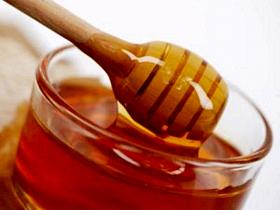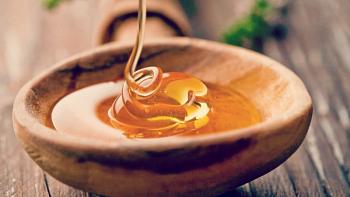Dr. Mercola: Manuka Honey To Combat Infections In Clinics
A new study has been reportedly come to surface that has been conducted at the University of Southampton in the U.K. confirming that honey may be useful in lowering the risk of infections. It may also help in preventing the colonies of bacteria from growing onto the medical equipment especially catheters.
A special type of honey, Manuka honey or Leptospermum scoparium has been studied in the process advocating its usage for the anti-inflammation purposes.
The Journal of Pathology quotes, “Indwelling medical devices harbor biofilms which have been shown to cause infections and act as reservoirs for pathogens. Urinary catheters are often in place for considerable periods of time and are susceptible to both encrustation and biofilm formation. Strategies for minimizing biofilm occurrence underpin an active research area in biomedicine. Manuka honey has, (among other things), well-established antibacterial properties.”
The study focused on recruiting Manuka honey alongside bacterial cultures such as Escherichia coli which is the root cause of upto 90 percent of urinary tract infections and Proteus mirabilis which can escape GIT and cause urinary infection. A report by Medical News has configured the experiment as, “After 72 hours, the team found the highest dilution of honey, 16.7 percent — had reduced the stickiness of bacteria by 77 percent, and all other dilutions had reduced stickiness by at least 70 percent by that point. In terms of biofilm growth, the researchers found all concentrations of Manuka honey had reduced growth after four hours; the highest concentration decreased growth by 38 percent after four hours, increasing to 46 percent after 24 hours.”
Even at 3.3 percent weakest concentration, Manuka honey was able to cause slowing of biofilm formation and development and hence preventing clustering of bacteria on the equipment.
Microbiology Society has reported about the advocacy of honey in clinical practice, “Manuka honey has broad spectrum antimicrobial activity and its use in the clinical setting is beginning to gain acceptance with the continuing emergence of antibiotic resistance and the inadequacy of established systemic therapies; novel inhibitors may affect clinical practice.”
The only problem scientists have been concerned about is its resistance by bacteria. A Time article has said,
“Antibiotic resistance is a major problem worldwide. Bacteria can naturally become resistant to drugs used to treat it, and widespread use of antibiotics through the years in medicine and agriculture has contributed to the problem.”
Manuka honey has been reported to be effective against 60 species of bacteria including Streptococcus and Pseudomonas but care should be taken to figure out that raw honey is more beneficial in combating infections than highly processed counterparts that have lost almost all of their healing properties.
References:
Mercola.com
Journal of Clinical Pathology September 26, 2016
Medical News Today September 27, 2016
Microbiology Society January 3, 2012
Comments
There are 0 comments on this post

















